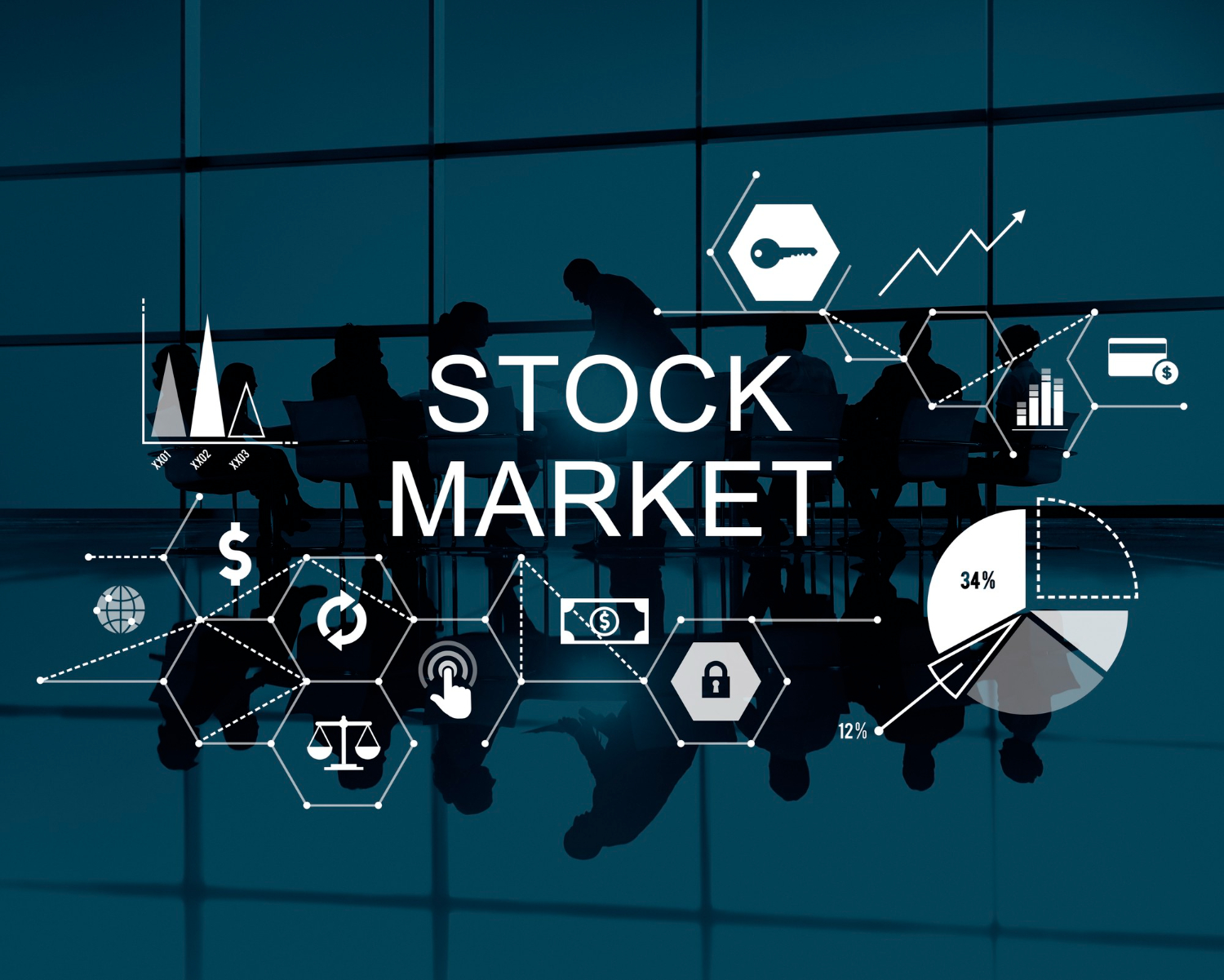In recent years, the rise of global stock markets has attracted more investors who are looking to diversify their portfolios, seek higher returns, and tap into new economic growth opportunities. Investing internationally can open doors to emerging markets, global stock markets tips established European economies, and Asia’s dynamic markets. However, global stock market tips investing comes with its own set of challenges and risks. In this article, we will explore practical tips and strategies for investing in global stock markets, global stock market tips equipping you with the insights you need to make informed decisions, manage risks, and maximize returns on the global stage.
Understanding the Basics of Global Stock Market Investing
Why Invest in Global Stock Markets?
Investing in global markets provides access to a broad array of investment opportunities and diversifies your portfolio, which can enhance returns and reduce risk. By investing across borders, you are less exposed to the performance of a single country’s economy, which can mitigate risks tied to domestic factors, such as inflation or political instability.
What is a Global Stock Market?
A global stock market is a collection of stock exchanges in different countries. Each exchange represents public companies that have listed their stocks for public trading. Major exchanges include the New York Stock Exchange (NYSE), the London Stock Exchange (LSE), the Tokyo Stock Exchange, and others. These exchanges represent economies of various sizes and levels of development, offering investors opportunities to diversify across industries, geographies, and economic cycles.
Essential Tips for Successful Global Stock Market Investing
Develop a Well-Rounded Investment Strategy
Assess Your Investment Goals
Before investing in international markets, clearly outline your goals. Are you seeking growth, diversification, or income generation? Your objectives will determine the type of investments you should consider and influence how you allocate funds between developed and emerging markets.
Determine Your Risk Tolerance
Risk tolerance plays a significant role in global investing. Emerging markets, for instance, may offer high growth but also carry high risks due to political and economic instability. In contrast, developed markets, while more stable, may offer more moderate growth. Knowing your risk tolerance can help you make more informed decisions on where to allocate your funds.
Research Different International Markets
Understanding Developed vs. Emerging Markets
Developed markets like the U.S., UK, Japan, and Western Europe tend to be more stable, while emerging markets, such as those in Southeast Asia, Latin America, and Africa, can offer higher returns with increased risk. Balance your investments based on your goals and risk tolerance.
Consider Economic Indicators and Trends
When evaluating foreign markets, pay attention to economic indicators like GDP growth, inflation, and currency strength. These indicators can signal whether a particular market is poised for growth or decline.
Managing Currency Risks in Global Investments
The Impact of Currency Exchange Rates
Investing in global stocks exposes your portfolio to currency risks. Currency fluctuations can significantly impact returns, as a decline in a foreign currency against your domestic currency can erode profits.
Using Hedging Strategies to Minimize Currency Risk
Currency hedging is a strategy used to reduce the impact of currency fluctuations on your investments. Options include hedging ETFs or forward contracts that lock in exchange rates, thus stabilizing returns.
Diversify Across Currencies
Another way to mitigate currency risk is by diversifying across various currencies. This approach helps balance out currency fluctuations, reducing the effect of any single currency’s performance on your overall portfolio.
Evaluating International Companies and Industries
Researching Individual Companies
Before investing in a foreign company, perform in-depth research on its financial health, business model, and competitive position within its industry. Annual reports, market news, and financial statements can provide insights into a company’s stability and potential for growth.
Look for Consistent Financial Performance
Analyze key financial metrics such as revenue growth, profit margins, debt levels, and return on equity. Consistent performance over time often indicates resilience and a solid foundation for future growth.
Understand the Regulatory Environment
Each country has its own regulatory environment, which can affect the operations of companies within that market. Countries with strong regulations protect investors and help ensure transparency, while lax regulations may carry more risk.
Choosing the Right Investment Vehicle for Global Stocks
International ETFs and Mutual Funds
International Exchange-Traded Funds (ETFs) and mutual funds are popular for global stock market investors. They offer diversification, cost-effectiveness, and access to various industries and regions in a single investment.
Benefits of ETFs in Global Investing
ETFs allow for diversified exposure to specific regions or sectors, often with lower fees than mutual funds. They trade on exchanges like individual stocks, offering flexibility and liquidity.
Mutual Funds for a Hands-off Approach
Mutual funds are managed by professionals who conduct research and make decisions on your behalf. If you prefer a hands-off approach, mutual funds might be an ideal option, though they typically come with higher fees than ETFs.
Direct Investment in Foreign Stocks
Some investors may prefer to invest directly in international companies through American Depository Receipts (ADRs) or Global Depository Receipts (GDRs). These securities represent shares in foreign companies and trade on U.S. exchanges, making them easier for American investors to access.
Pros and Cons of Direct Investment
Direct investment offers control over individual stock selections but comes with the added complexities of currency risk and regulatory differences. ADRs and GDRs can simplify direct investment while providing access to international markets.
Staying Informed and Adapting to Market Changes
Keep Up with Global News and Economic Developments
Economic changes, political events, and regulatory shifts abroad can impact global markets. Keeping up with international news, stock market updates, and economic trends allows you to make timely adjustments to your portfolio.
Monitor Key Economic Indicators
Economic indicators, such as interest rates, inflation rates, and trade balances, can signal changes in market trends. Monitoring these indicators will help you anticipate shifts in foreign markets.
Adapt Your Strategy Based on Market Conditions
Flexibility is vital in global investing. Adapt your portfolio in response to new economic conditions, changing political landscapes, and industry shifts to protect your investments and take advantage of new opportunities.
You can also read : Profitable House Flipping Guide: The Ultimate Resource
Conclusion
Investing in global stock markets can offer significant opportunities for diversification and growth, but it also demands careful research and risk management. By understanding different markets, diversifying across regions and industries, and staying informed about global economic trends, global stock market tips investors can make sound decisions that align with their goals and risk tolerance. Whether you’re using ETFs, mutual funds, or direct investments, taking a well-rounded approach to international investing can pave the way for long-term success in an increasingly interconnected world.

